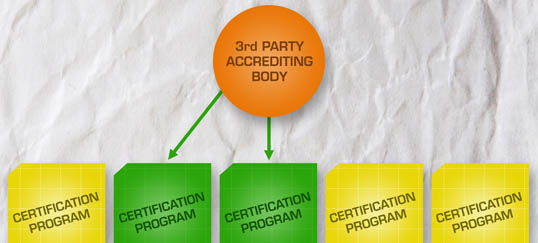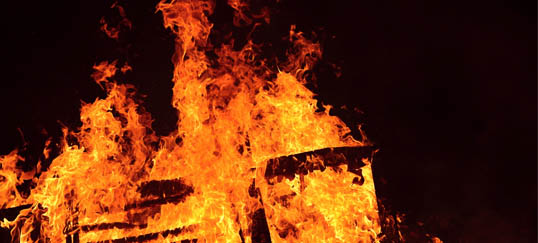Accreditation, Certification, and Certificates
Credit Hours:
3
Approximate reading time:
0.5 Hours
Approximate online time:
0.5 Hours



Program Abstract
Training is
the cornerstone of the fire investigator's professional development and is a
key method in fulfilling NFPA 1033's requirement to "remain current in the
topics listed in 1.3.7 by attending formal education courses, workshops, and
seminars and/or through professional publications and journals." Many training options are available to the fire investigator. Courses are offered by federal agencies, state agencies, regional and local governments, academic institutions, private companies, and even single individuals. Training can be obtained in person, by mail, via the Internet, or by other means. Given all of these training options and the fact that no central administrative system oversees training quality, it is incumbent upon the fire investigator to understand what type of training he or she is receiving and what value that training adds to his or her credentials.
Although
most organizations that offer training issue a certificate to the investigator
upon completion of the course, that certificate is often NOT a
certification. "Certificate" and
"certification" are two very different terms with very different impacts on the
investigator's resume or CV. The role of
accreditation in certification programs is also misunderstood. Understanding the difference between these
three terms helps the fire investigator discern what programs and courses offer
the most valuable training for their professional development goals, and also
helps the investigator explain that training value when presenting their
credentials to qualify as an expert in a legal proceeding. This program provides a primer on
accreditation, certification, and certificates for fire investigation training.
































































































